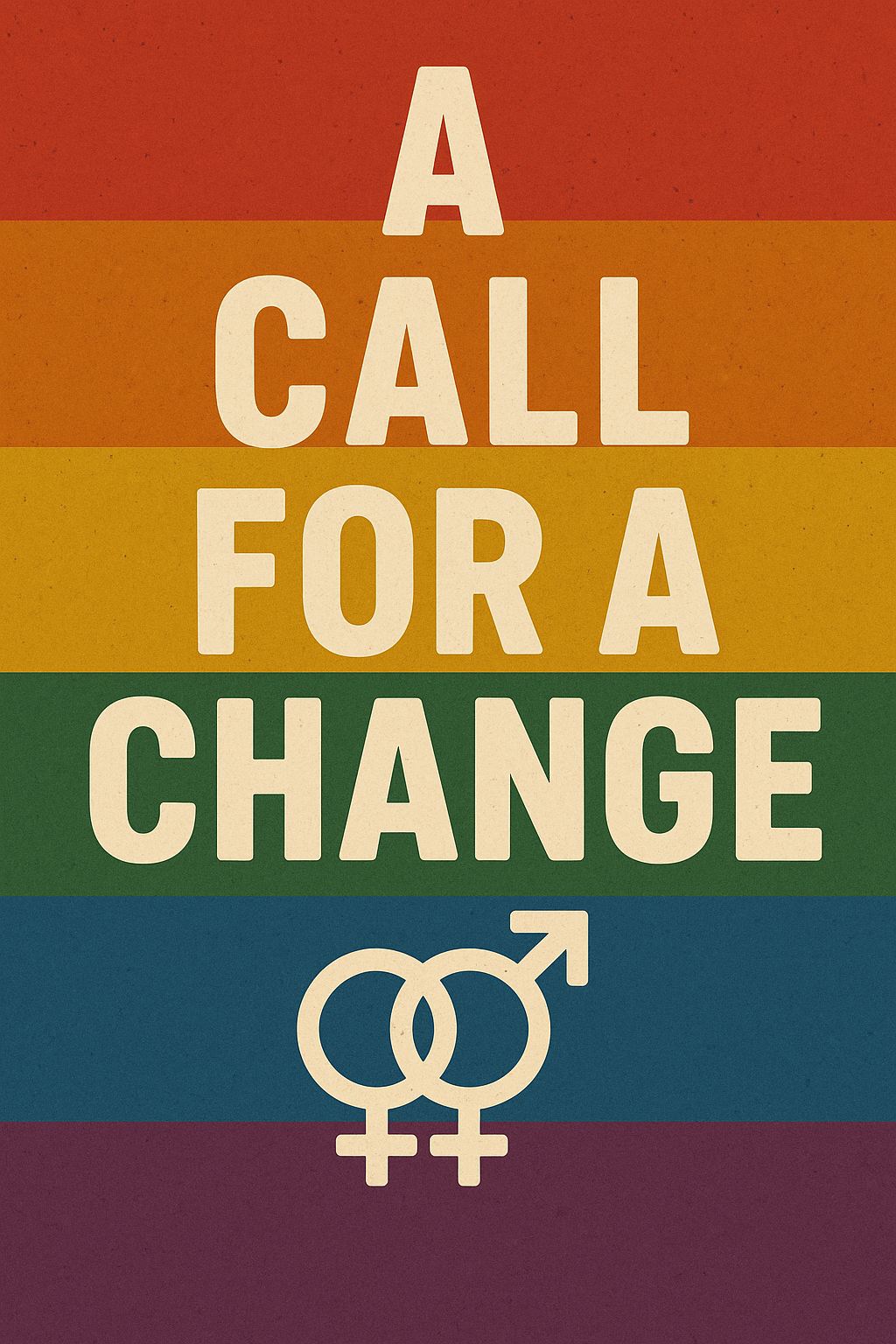Typical conversations around LGBTQIA+ rights and present-day issues often subset into marriage, employment discrimination, healthcare service access, among others. However, the treatment of members of the LGBTQIA+ community within the prison system is one topic that is often marginalized.
The intersection of criminal justice and LGBTQIA+ advocacy is something I deeply reflect about as an activist for both prison reform and acceptance. This issue touches home which is also a core theme in my book Fitting In. The prison industrial complex does not aim to merely confine LGBTQIA+ individuals. Instead, it seeks to erase their whole identity in a system that is rife with violence.
Rehabilitation for offenders is seldom viewed as an effective punishment for crime. The proposed rehabilitation environments that await LGBTQIA+ prisoners often subject them to abuse and neglect.
Even incarcerated people are still human, and should be afforded the courtesy of respect. Reform of prisons should be all-encompassing. It ought to be able to provide all the care and support, including protections needed by the LGBTQIA+ community, to help these individuals heal and grow.
Discrimination against LGBTQIA+ persons in prison is an injustice that cannot be overlooked any longer. Change is overdue. There is a need to change policies that address the basic needs for safety and support of all imprisoned people, irrespective of their gender or sexual orientation. Those who identify as LGBTQIA+ need more attention in terms of primary healthcare, mental health services, and education.
Fitting In, at its core, is simply a narrative on the challenges faced by LGBTQIA+ youth, but that does not stop it from also doubling as an urgent appeal to citizens for action. Action, in this case, pertains to advocating for policies that support humane treatment of imprisoned or exposed LGBTQIA+ people. Why should anyone be denied the ability to fit into society?
In summary, let’s come together, help each other out, and fight for a better tomorrow. No one should feel like an outcast, especially when they are locked up.

